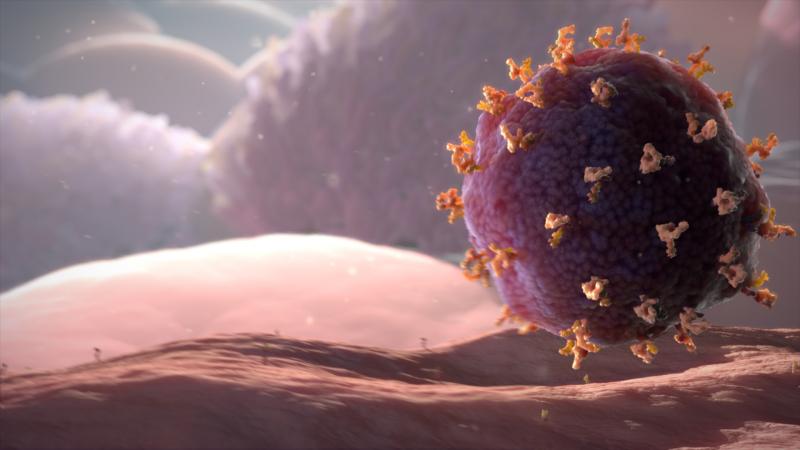Korey Patwari
Korey Patwari is a graduate student and researcher at the University of Pennsylvania. Korey earned his undergraduate degree in biomedical engineering where his research focused on optimizing liposomal nanoparticles as an immunotherapy for cancer. Korey also worked as a clinical research coordinator and research technician before returning to school to pursue his graduate degree. He is a member of Penn’s Mitchell lab, where he conducts research on lipid nanoparticle-based drug delivery strategies for treatment of cancer.
What was your favorite science class?
My favorite science class was an immunoengineering course I took as an undergraduate student at UMass Amherst. This was my first exposure to the subfield of bioengineering that focused on designing therapeutics to interact with the body's immune system and treat diseases. I also gained exposure to nanoparticle-based drug delivery, and I quickly became fascinated with how biomaterial manipulations at the nanoscale can have powerful systemic curative effects when introduced into patients.
Who was your favorite science teacher growing up and why?
My Mom. She taught me throughout high school and challenged me to push past my comfort level.
Did anyone or anything in particular spark your interest in science?
For a long time, I was actually interested in a career in medicine. I wanted to work directly with patients and make an immediate difference in their lives. However, I also discovered that I really enjoyed the long-term problem-solving process involved with benchtop science. I soon realized that I did not have to be a medical provider to make an impact on patients. My experience working in clinical research at Massachusetts General Hospital reminded me that benchtop science can be very translatable. As a result, I have made translatability a key priority of my research.
What advice do you have for students interested in a STEM career?
My best advice is to find a supportive mentor that will encourage your growth. I have been fortunate enough to have had some excellent mentors over the years that instilled confidence in me as a scientist. I learned that a good mentor can make all the difference for a young scientist navigating their career path. Another key piece of advice, particularly for students interested in a career as a scientist, is to be collaborative. Always be willing to learn from your peers and share information.
What is your favorite part of your job?
I love the problem-solving aspect of my work. I always knew I wanted to pursue a career where I solve problems and think critically on a daily basis, and research has provided me with exactly that. Although it can be disheartening when experiments sometimes don't go as planned, the process of troubleshooting and engaging in scientific discussions with my peers is one of my favorite aspects of research.

